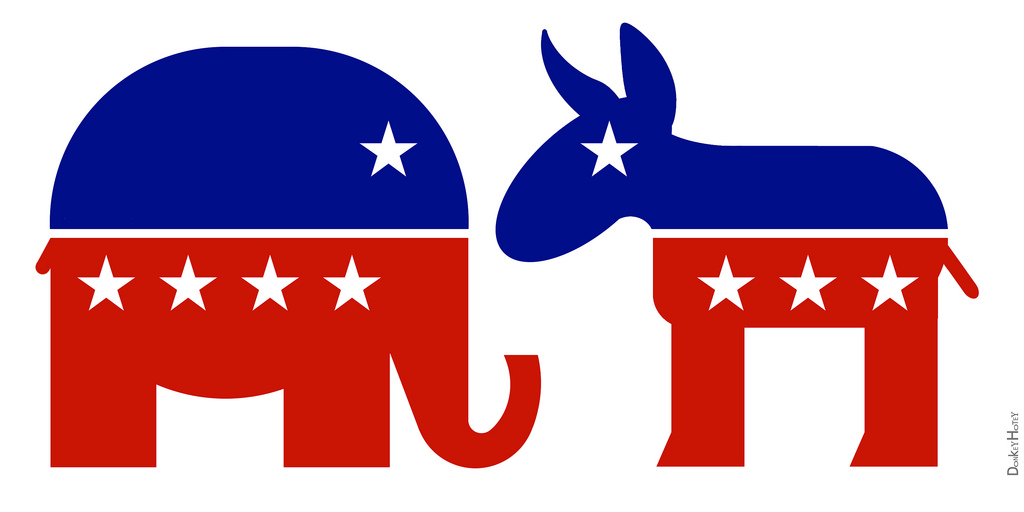It was September 26th, 1960, and over seventy million Americans had their faces glued to their black and white television sets.
When the program began and the lights came on, a little known senator from Massachusetts and a former senator and representative from California suddenly appeared.
John F. Kennedy and Richard Nixon engaged in the first televised debate in American history, and people from around the world were amazed by these two candidates.
Although Nixon was infamously awkward and unprepared, the fact remained that Americans had not only one, but two qualified, uncorrupt candidates (remember, this was 1960 Nixon) that would more or less keep the country running smoothly—definitely not the case in many parts around the world during that period.
American democracy was the envy of the world purely because Americans were lucky enough to choose between two real leaders.
How the times have changed.Last week—and for the past year—we all have seen the choices the two parties have given us in 2016.
The Democratic Party and the Republican Party have selected candidates that have the highest unfavorability ratings in American history.
One candidate, Hillary Clinton, is an out of touch one percenter who has a major problem with transparency.
Donald Trump is an unqualified madman.
Both are incredibly polarizing figures that will find it difficult—more difficult than President Obama—to get anything done.
Republicans will oppose Hillary because she’s Hillary and democrats will oppose Trump because he’s Trump.
We will be at a standstill once again, and at a time when the world, and our country, needs action.
Real leaders need to move the country forward and enact new, out of the box, policies—neither of our main choices this year will be able to do that in this extremely polarized environment.
We have gone from two reasonable choices in 1960 to practically no valid choice today. American democracy is no longer the envy of the world.
The good news, however, is that there are other choices—perhaps not as great or grand as either JFK or Nixon, but definitely more appealing than what the two parties have slopped on our plates.
Both the Libertarian Party’s Gary Johnson and the Green Party’s Jill Stein provide a breath of fresh air.
Both of these candidates are honest, principled, and talk about the issues.
Johnson, specifically, was a former governor and business owner—instantly exceeding the qualifications of Donald Trump.
Whether you’re left, right, up, down, or sideways on the political spectrum, our main third party choices represent a down to earth and practical approach to politics—especially appreciated in the wake of a recovery, illustrated by the one percent and political class, that has left many of us behind.
Voting for principled candidates with out of the box solutions is not “wasting” your vote.
The two parties use rhetoric to bash third parties because they have an interest in maintaining the status quo; it’s much easier for them to disregard the good ideas of third parties than actually be held accountable and change themselves.
It is the role of the parties and candidates to appeal to us—not the other way around.
If Jill Stein is polling at 5 percent, she isn’t “stealing” those votes from Hillary, but Hillary is losing those votes because she refuses to change her positions on issues that resonate with those voters.
It is not a problem of the third party but a problem of the major party.
At the end of the day, we live in Minnesota—which I’m sure you’re well aware of.
We live in a state that has not gone red since 1972, and on top of that, Minnesota was the only state where Donald Trump didn’t get first or second place in the Republican primary.
With that said, Donald Trump will never win Minnesota.
In US politics, a candidate only needs to get a majority of votes to win all ten of Minnesota’s electoral votes—the votes that actually count.
So why not cast your ballot for someone who you actually want to vote for?
The very worst that could happen is that the major parties would be reminded that they answer to us, the people, and that it is their role to provide us with candidates and platforms that reflect our sentiments.
